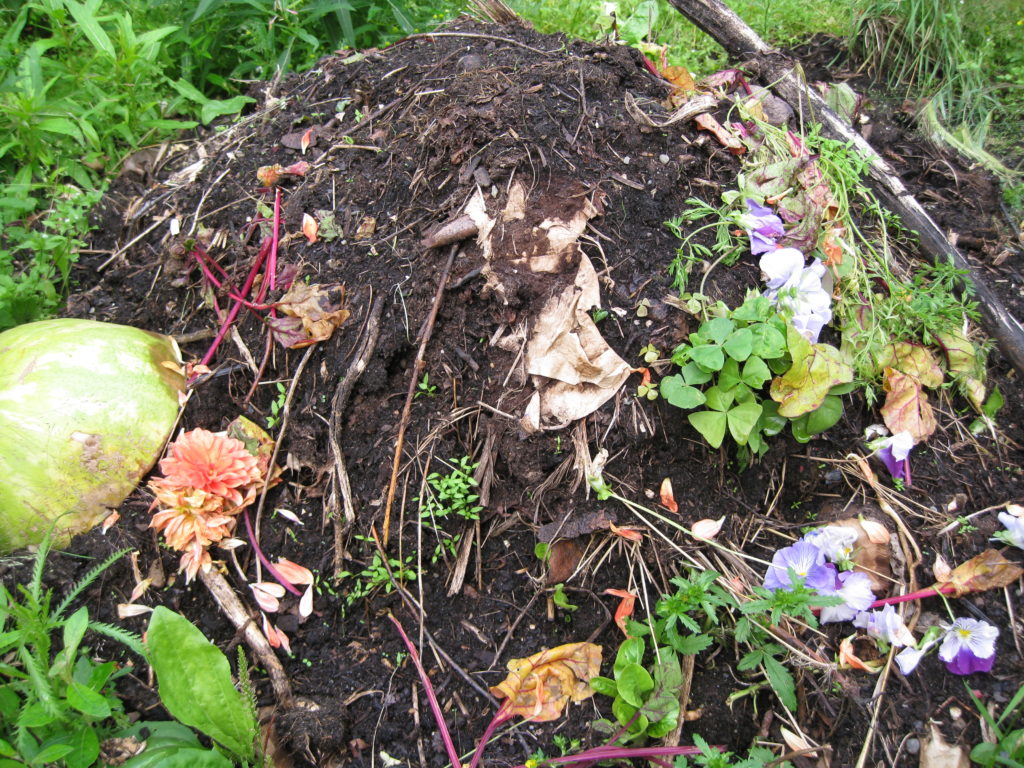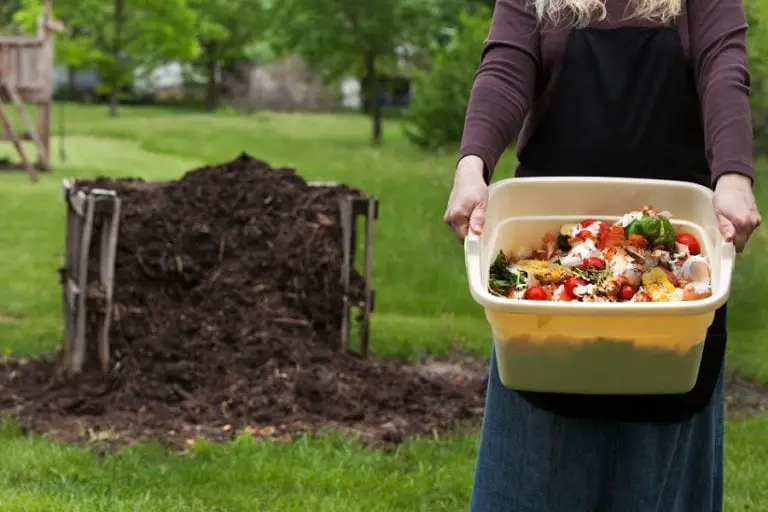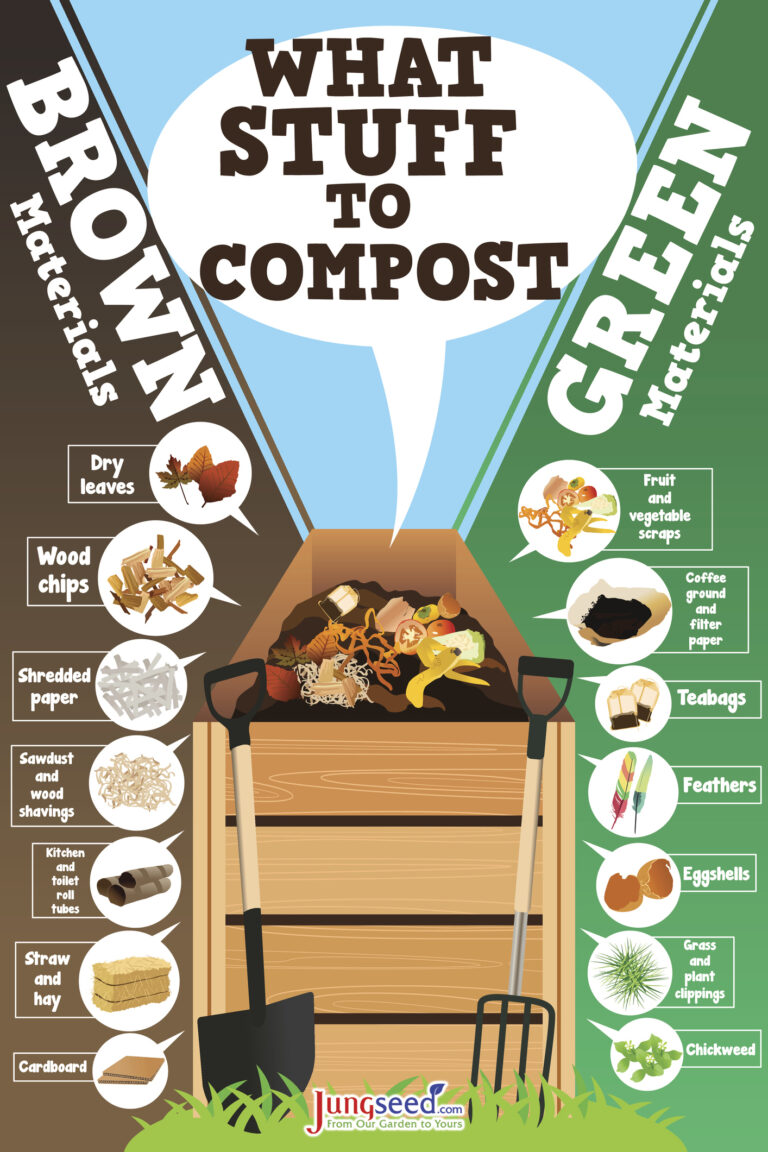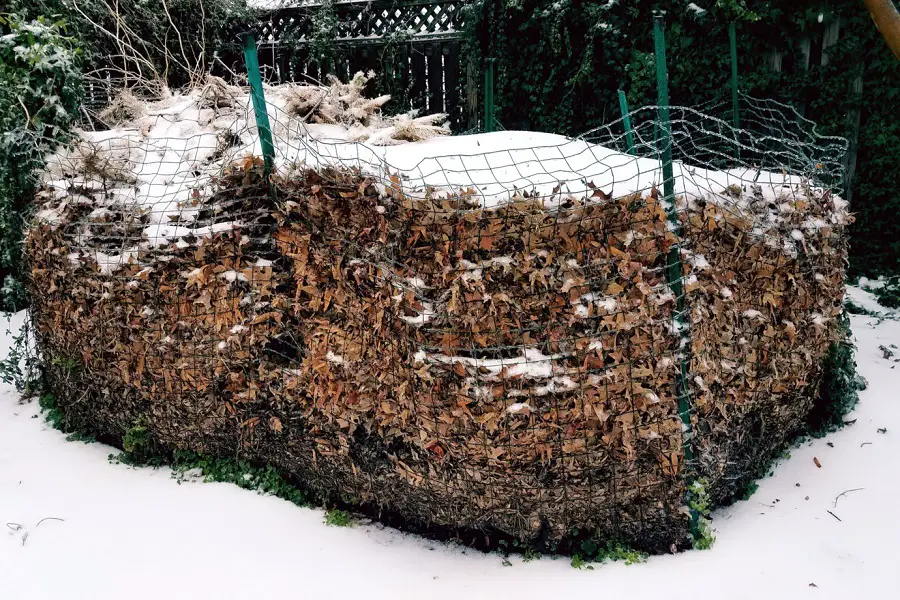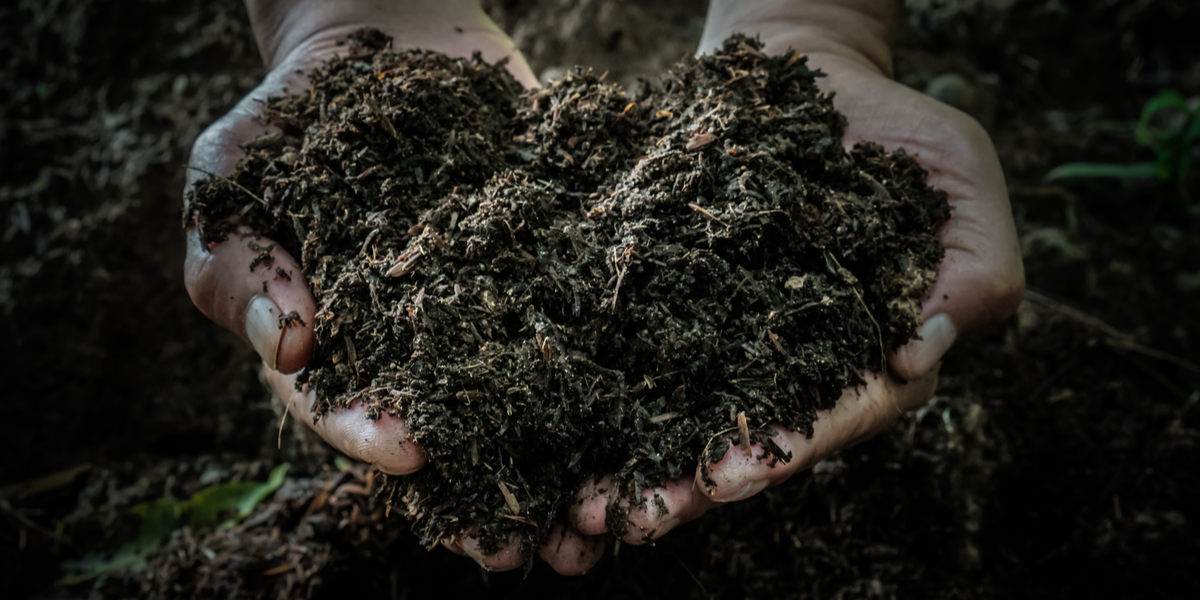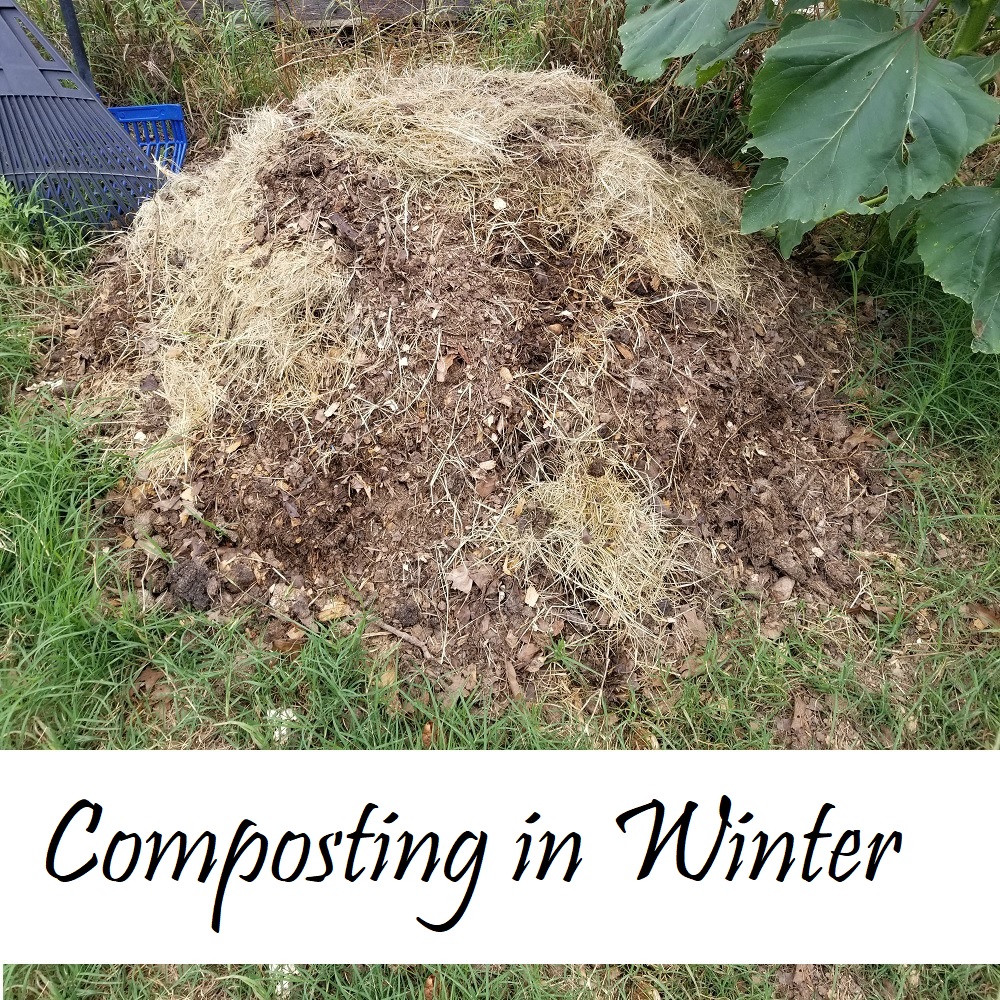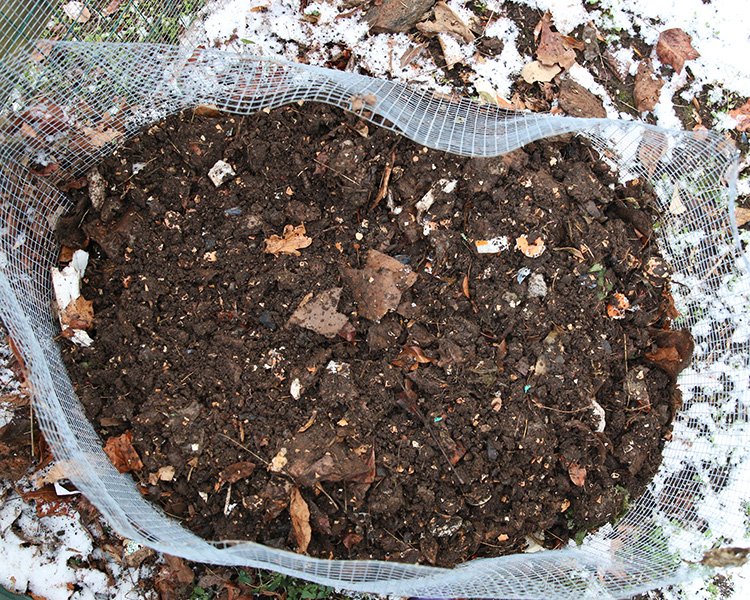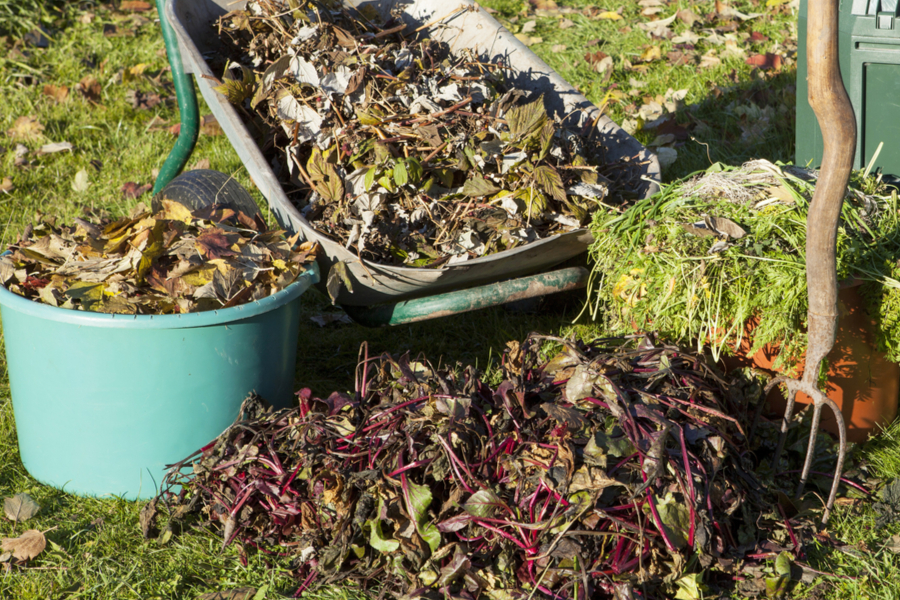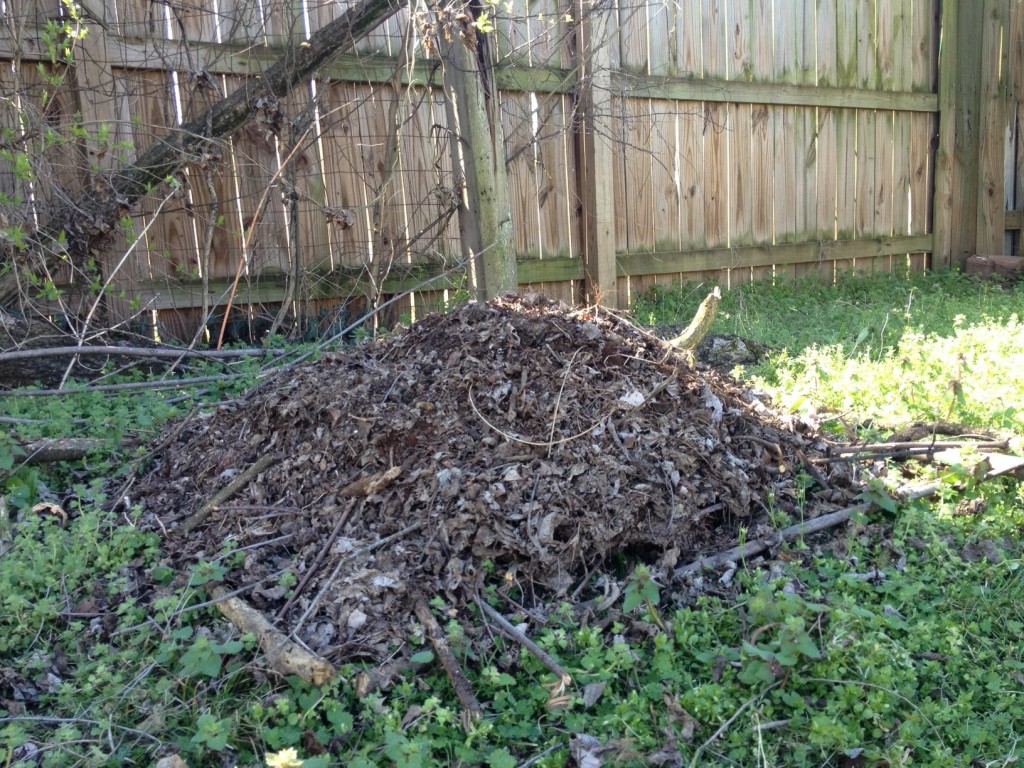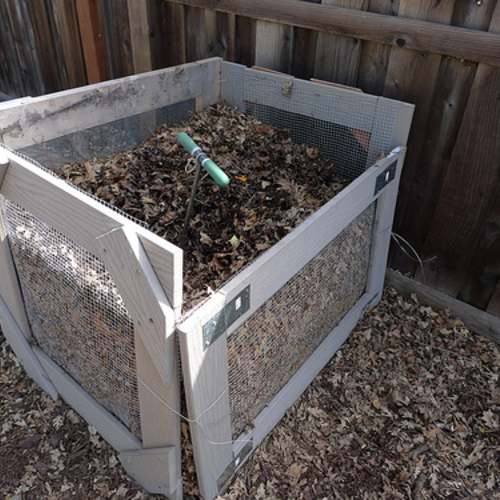Have A Tips About How To Start A Compost Pile In The Winter
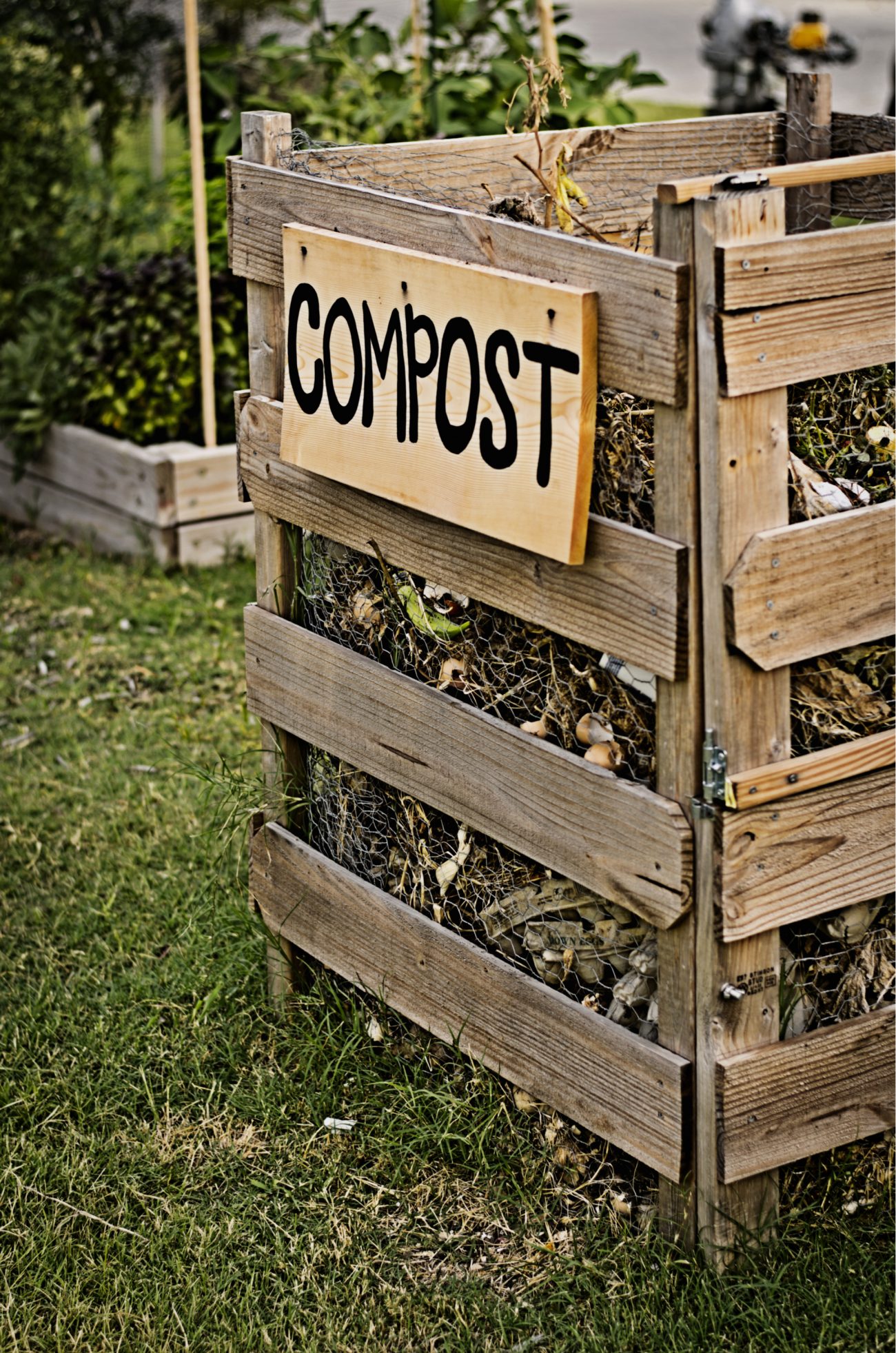
Start an open pile in your yard to allow rainwater to keep it wet and have it break down faster, but you have to manually turn it over for air.
How to start a compost pile in the winter. In fact, you should if you want to keep your microorganisms alive! Another option is to keep your kitchen scraps inside your home throughout the winter and then add them all to your pile once it’s thawed and able to be turned in the spring. The preparation for winter composting starts in the fall.
Choosing the right location for your compost pile in winter is key. How to get started composting in the winter. There are many different ways to compost:
The more you can prepare your pile before the cold weather hits, the better the chance your compost has of staying active. Situating your pile against a wall or structure helps insulate it. A large compost heap stays better insulated against the cold.
Fortunately, it is absolutely possible to continue successfully composting during the winter. You’re free to keep tossing your food scraps and garden waste onto your compost pile throughout the winter. Within a week or so, your compost pile should start cooking.
Most likely your stream of compostable kitchen waste won’t diminish because of freezing temperatures and snow on the ground. You can supplement the browns with shredded paper and cardboard, but. The limiting factor is your ability to turn the pile with a pitch fork or potato fork.
Moisture is needed for your compost to decompose properly,. How to prepare your compost bin for winter. You’ll learn your own best ratio over time, but a good starting.
I have a full explanation of greens and. If you plan on composting throughout the winter, remember your greens to browns ratio. If you’re like me, you've probably let your compost pile just sit over the winter.
Each time you add green content to your pile add about twice that much by volume of brown content. Continue layering browns and greens, adding a small amount of water if needed for moisture. Let’s face it, no one wants to be out in the winter for too long working on their compost pile.
Since composting relies on heat, the decomposition process only stops when your compost piles reach freezing temperatures (32ºf or 0ºc). Autumn is the best time to collect dead leaves, garden debris, and organic kitchen food waste to make a compost pile. Use the compost around your garden, in your raised beds, or transfer to a dry container with a lid for use in the spring.
These are your “green” materials which are high in nitrogen. Keep building your compost pile and enjoy the benefits of winter composting with these easy to follow steps. 10 tips for winter composting.
